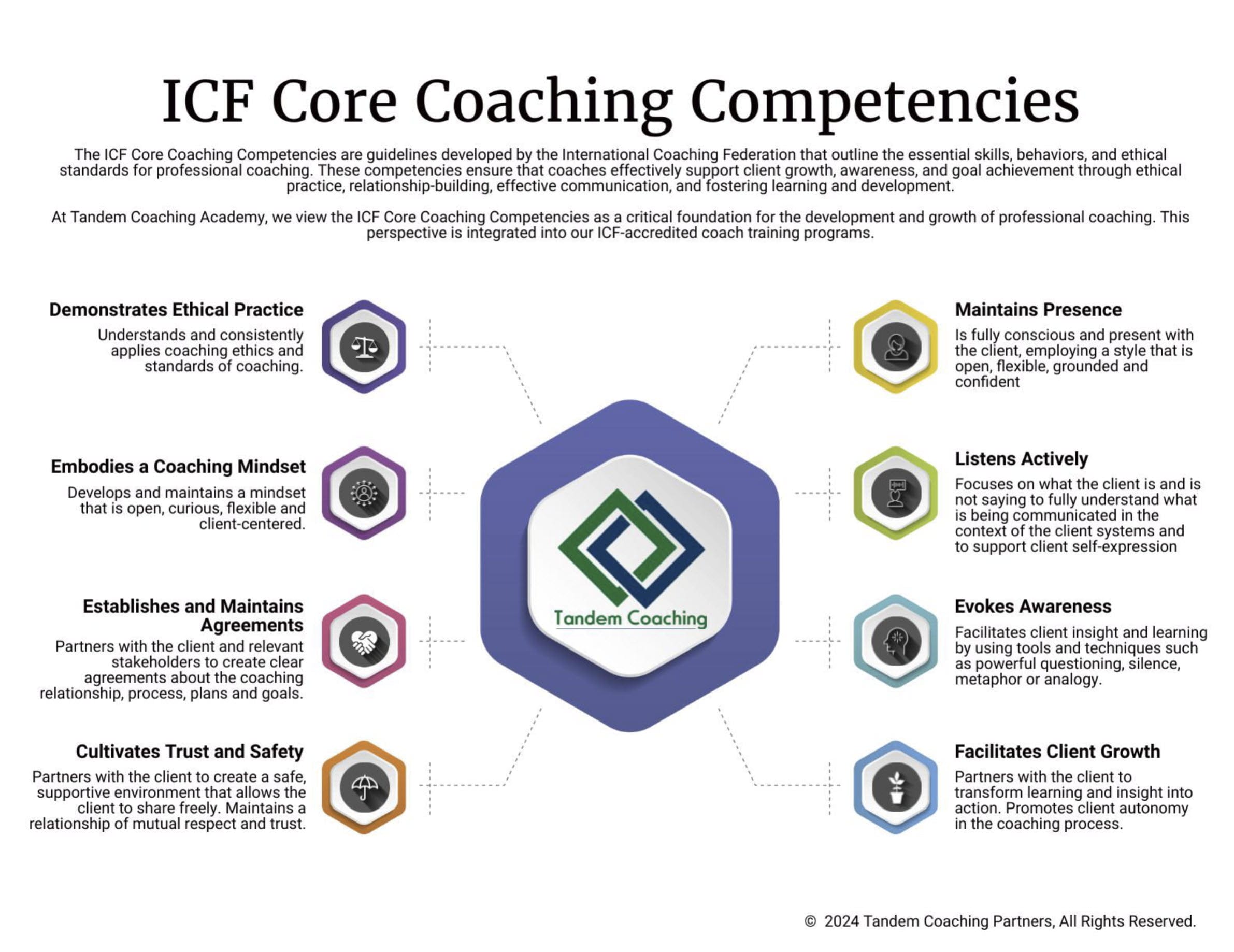In the realm of agile leadership, the role of a coach extends beyond mere guidance; it’s about unlocking the transformative potential within each leader. Drawing upon my journey and expertise in professional coaching and agile practices, I’ve distilled five key coaching strategies that can significantly elevate the effectiveness of leaders and executives in an agile context. These strategies are not just methods but pathways to deeper understanding, emotional intelligence, and work-life harmony.
1. Active Listening for Unspoken Cues:
Active listening is the cornerstone of effective coaching. It involves tuning into not just the words of the leader but also the emotions, energy shifts, and non-verbal cues. This holistic approach allows coaches to understand the leader’s context fully, helping them to articulate challenges and aspirations that might not be immediately apparent.
2. Reflection, Not Parroting:
Coaching is not about echoing what the leader says but providing reflective feedback that helps them see their thoughts and statements from a new perspective. This can involve highlighting phrases that stand out or using silence strategically to encourage deeper reflection.
3. Using Client Language to Enhance Connection:
Mirroring the leader’s language and metaphors can significantly deepen the coaching relationship. It shows understanding and acceptance, providing a safe space for the leader to explore their thoughts and emotions freely.
4. Observing and Exploring Emotions:
Emotions are a powerful indicator of underlying beliefs and values. By observing and gently probing these emotions, coaches can help leaders understand their emotional responses and how these affect their decision-making and leadership style.
5. Building Rapport Through Empathy and Intuition:
A strong coaching relationship is built on trust and rapport. Utilizing empathy and intuition allows coaches to connect on a deeper level, creating a supportive environment where leaders feel understood and valued.
These strategies, when employed skillfully, can lead to profound changes in how leaders approach their roles within an agile environment. They foster a culture of continuous learning, adaptability, and emotional intelligence, essential components of successful agile leadership.

Unlock Your Coaching Potential with Tandem!
Dive into the essence of effective coaching with our exclusive brochure, meticulously crafted to help you master the ICF Core Coaching Competencies.
"*" indicates required fields
About the Author
Cherie Silas, MCC
She has over 20 years of experience as a corporate leader and uses that background to partner with business executives and their leadership teams to identify and solve their most challenging people, process, and business problems in measurable ways.
















